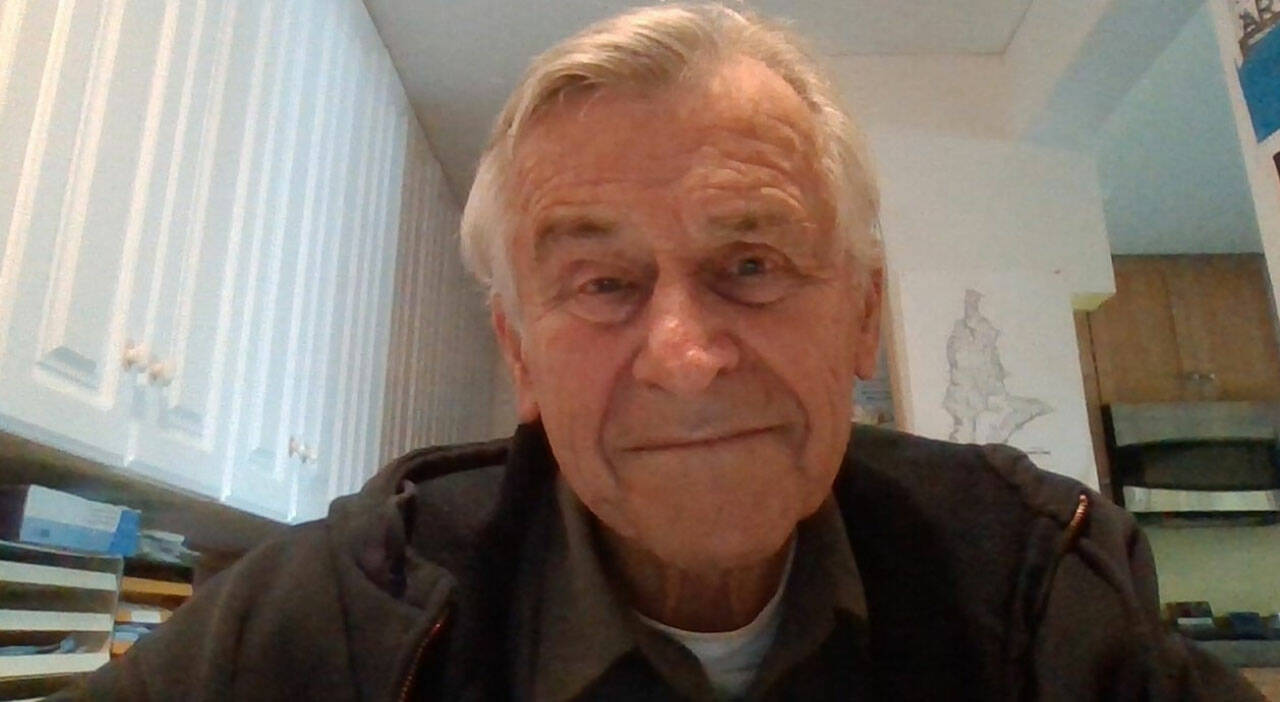Reading a historian last week stimulated some ironic thoughts: In his 1921 edition of “The Story of Mankind”, Hendrik Van Loon commented on heat engines and methods used to generate electricity. Admitting that he knew nothing about machinery, he opined on these heat engines as ugly, loud, dusty and dirty, and gobbling up large quantities of coal.
In contrast, his aestheticism encouraged him to prefer electric motors charged by water power. Why? Because it was a “…clean and companionable servant of mankind” while the heat engine, that marvel of the 18th century, was “… filling the world with ridiculous smoke-stacks, dust and soot, fed with coal mined at great inconvenience and risk to thousands of people.”
So, how have we advanced since 1921? Versions of those original heat engines still propel most of our motor vehicles, and more elaborate versions, installed in large power plants, generate most of our electricity. The vehicle engines burn petroleum products. The generator plants burn coal or natural gas in boilers, creating steam to run turbines while spewing heat and greenhouse gases out their stacks. These inefficient systems have been the primary source of our nation’s energy for more than a century.
Had Van Loon known more about the world of science, he might have mentioned Albert Einstein’s 1921 Nobel Prize in Physics, given for describing the photoelectric effect (in 1905) — the physical phenomena at work behind the solar panels of today. Imagine if we had followed Van Loon’s suggestion, dumped the heat engines and gone instead straight to boats, trains, trucks, and personal vehicles, all charged with electricity from hydropower, wind turbines, and eventually solar panels. Would we have benefited by avoiding all those greenhouse gases? (A question I pose only because we know that the fossil fuels lobbyists are still claiming no!)
We’ve had our chances, and still do today, but instead these inefficient systems of the last century still fill our atmosphere with carbon dioxide. Such behavior fits Albert Camus’ Myth of Sisyphus definition of “the absurd”— a quality or condition of existing in a meaningless and irrational world. (And, it should be added, a world where humans continue to contribute to their own extinction!)
Even today, with solar panel- and wind turbine-electricity costing less per kilowatt-hour than their fuel-burning competitors, our Puget Sound Energy utility burns more and more fossil fuels each year. According to our records, (see Fuel Mix Disclosure — Washington State Department of Commerce, at tinyurl.com/5n8ak54m) in 2007, when PSE was a publicly-traded company, 46% of its electricity came from burning coal or natural gas. By 2015, after being purchased and privatized by an Australian investment firm, that percentage rose to 66%. By 2019, after years of political activism by the Sierra Club, some by our local Climate Action Group, and with help from our State legislators, that percentage dropped to 60.
An improvement to be sure, but at this rate of change (around 0.01% per year), PSE may or may not reach 50% by 2025 (much of which depends upon the three, heavily lobbied, Commissioners of our State’s Utility and Transportation Commission, which regulates PSE and ensure their profits.)
So, at their furtive rate of improvements (and with more help from recent legislation), PSE might offer a 50/50 fuel mix, half carbon-free and the rest from fossil-fueled electricity by 2025. Would this still force our absurd behavior? Yes, unless we drop PSE as our energy source, form a Public Utility District or a user-owned electricity co-op, and exercise our opportunity to purchase 100% carbon-free electricity from Bonneville Power.
Until then we are doomed to charge our electric vehicles, run our appliances, and heat or cool our homes with fossil fuel-generated electricity, supporting PSE’s irrational practice of dumping more and more greenhouse gases into our atmosphere.
Ward Carson holds a Ph.D. in Mechanical Engineering from the University of Washington. An early member of the Vashon Climate Action Group, his interests include the energy sector of the US economy.
:



